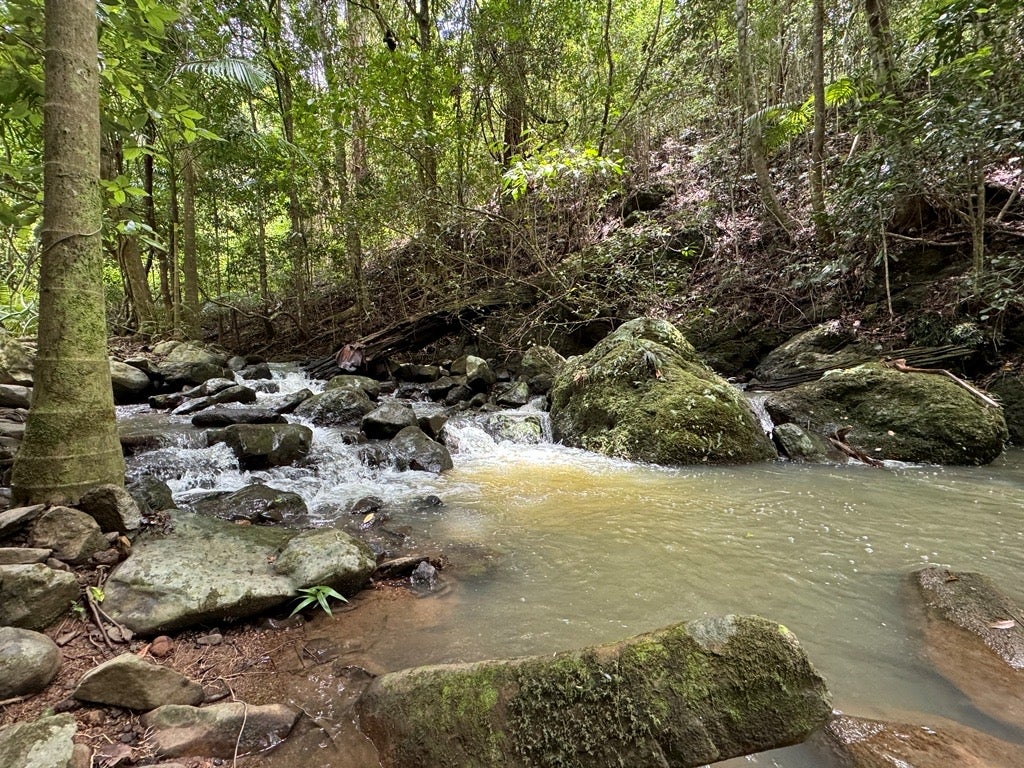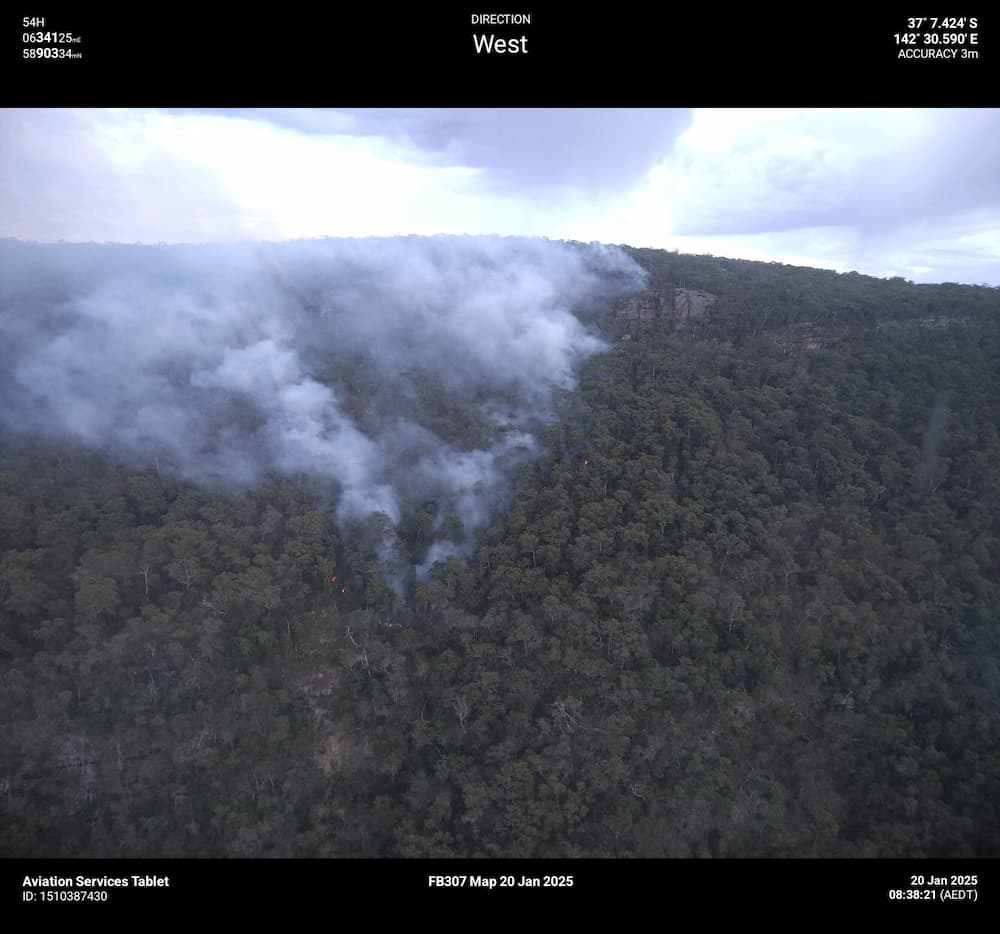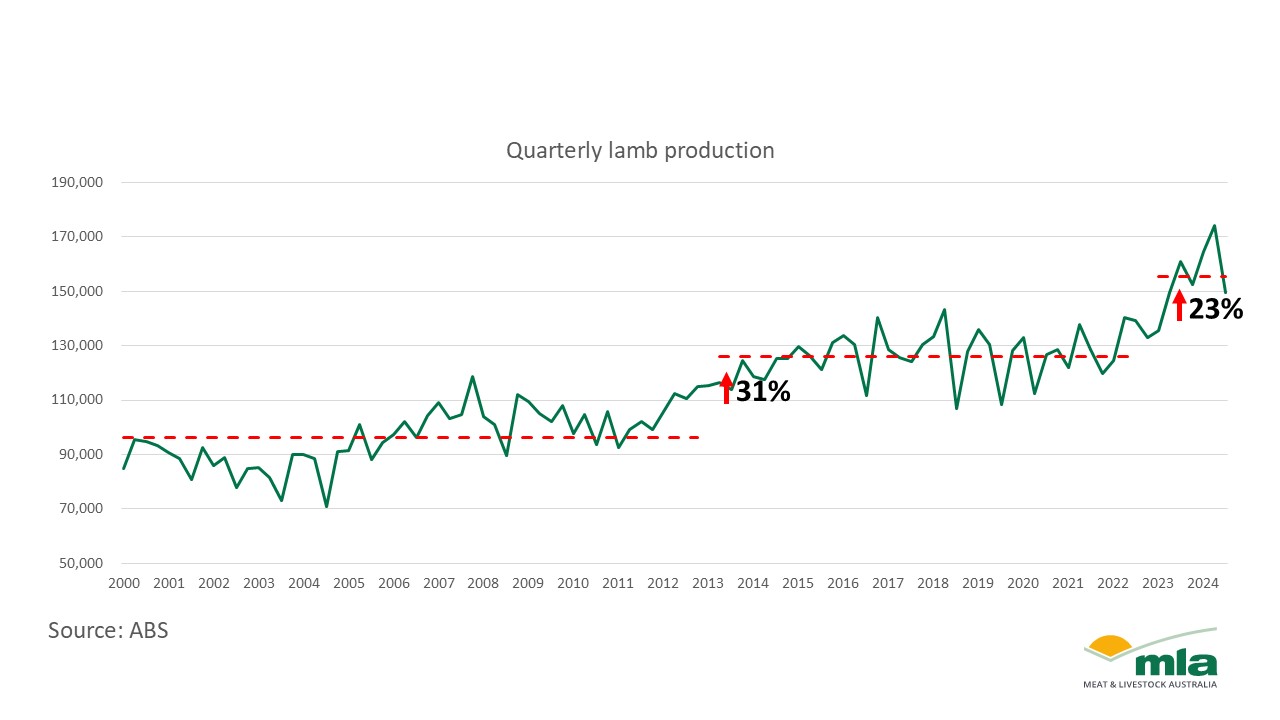Address by Vice-Chancellor and President, Distinguished Professor George Williams AO, at the Antisemitism at Australian universities inquiry public hearing on Wednesday, 22 January 2025.
Thank you, Chair. Like my colleagues, I’m here with a heavy heart in acknowledging the recent attacks in Sydney, including most recently at a childcare centre in Maroubra that I’ve driven past on many occasions. From my perspective as a university leader but also on behalf of my community, we condemn those attacks and we condemn all forms of racism, religious vilification and the like. I also want to acknowledge the responsibility I hold, as a university leader, to make sure that that condemnation is reflected in our policies and our actions, and also the special responsibility we have, as a university community, to educate our students in a way consistent with our values as a nation.
Western Sydney University is in a special, quite distinct position, compared to others. We represent 2.7 million people—the largest community any university has in its backyard. That’s 10 per cent of the Australian population, and that’s also one of the most diverse communities in the nation, home to people from more than 170 countries. Two-thirds of our students are still first in their family to go to university, and we have the largest number of students who are from non-English-speaking backgrounds. So you can understand, at our university, just how distressing this has been and the demand on our counselling services—and the need, also, to be very firm when it comes to how we as a university community approach these issues and the need to ensure that we build social cohesion and support the nation’s objectives in these areas.
I’ve been vice-chancellor for just six months, but one thing that I was proud of in joining the university back in July last year was the very strong position that we have taken on these issues. I want to acknowledge our chancellor, Professor Jennifer Westacott, who has been clear in her advocacy. I strongly support her position, and, indeed, I’ve ensured that that position is reflected in our activities and our actions. She, on behalf of our university, has made clear that hate speech has no place in Australian society, that we cannot pick and choose our moral positions and that, as much as universities must be champions of freedom of speech and bastions of facts, critical thinking and the like, they can never be places of fear and all must be welcome and safe on our campuses.
She has also made clear that hate speech and, in particular, of course, antisemitism are a direct assault on Australia’s values, multiculturalism and principles. Again, that is something I strongly support. These are things that are reflected in our policies. We have a charter of academic freedom. We have other policies as well that make it very clear that we have zero tolerance for antisemitism, Islamophobia, racism, hate speech, intimidation and the like, and those policies are working.
Last year we received 62 complaints, some relating directly to antisemitism, some to Islamophobia, and, indeed, a variety of criticisms of our position from students and staff of all kinds and of all faiths. Of those 62 complaints, 12 were substantiated with regard to antisemitism, and consequences have followed, including suspension, expulsion from the university and the like. I have kept a close eye on those processes, and they work. There is, of course, always room for improvement, and we’re reviewing and looking at those things, particularly in light of the ³Ô¹ÏÍøÕ¾ Student Ombudsman, but the strong position we have been taking has been reflected in our actions.
What we’ve also been doing is focusing very much on the positive, given the community that we serve. We’ve been proactive in building social cohesion. That’s included solidarity and friendship dinners for people of all faiths. Diversity fests and celebrations were held last year. We’ve also hosted a major national social cohesion conference to look at how Western Sydney and the nation can respond in a way that builds harmony, builds respect and deals with these problems. We also introduced a new program late last year directed particularly at people fleeing conflict. It’s not country specific. It’s for people who are seeking to flee conflicts around the world. We’re offering intensive, one-on-one, wraparound support for English language and free consultations with a welfare officer to make sure that people affected by these events are able to continue their studies and be supported. We’ve got 25 people in that program, and we expect that it’s likely to increase.
I will just say, as an endpoint, that, as a university, we are clear in our position and we are ensuring that that is reflected in our actions. I thank the committee for the opportunity to speak and I welcome any questions. Like others in the sector, we always welcome seeing how we can further improve what we are doing.








